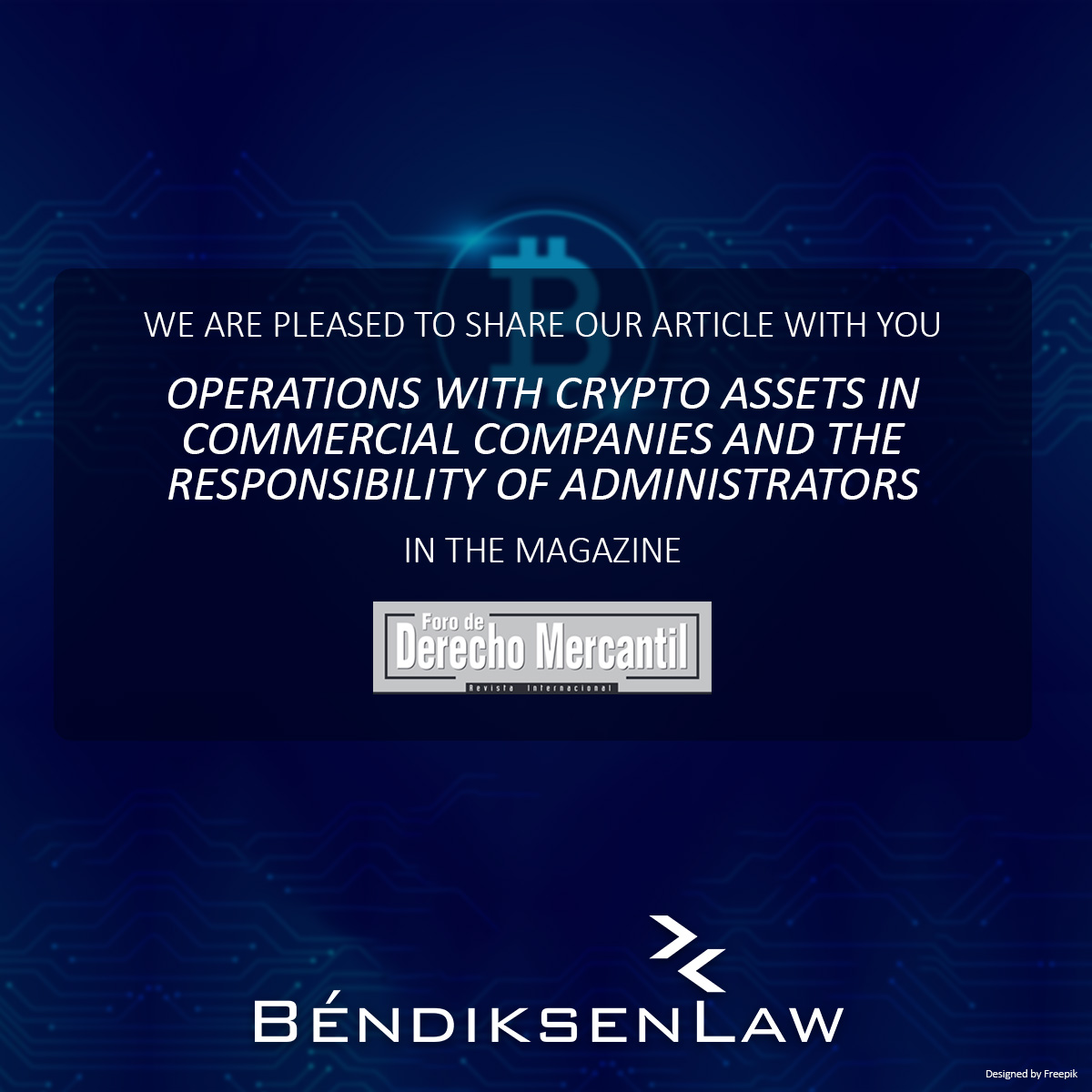In order to provide greater benefits and offer new services to our clients, we are proud to announce that Mr. Julián Molina, former Superintendent of Family Subsidy, joins our team. Throughout his more than 15 years of professional career, Mr. Molina has accumulated extensive experience in different branches of public law as an advisor and manager. We trust that him joining us will allow us to design solid strategies for the representation and protection of the interests and businesses of our clients against government actions, advise them in the processes of obtaining licenses, permits, concessions and other required authorizations from the national and territorial authorities and provide them with comprehensive legal counsel in public procurement processes. Additionally, Mr. Molina will be in charge of monitoring and identifying important policies at the national or local level that may impact our clients’ businesses, providing them with early warning regarding bills and other regulations relevant to their business, as well as impacting and altering these new regulations to protect our clients’ rights and interests. We present his résumé below:
Education
Mr. Molina is a lawyer graduated from Universidad La Gran Colombia (2005), Specialist in Public Procurement from La Sabana University (2010) and Master in Constitutional Law from La Sabana University (2019). Additionally, Mr. Molina completed a doctoral practice course at the University of Salamanca in Spain (2022) and is currently pursuing his Doctorate in Law at the Sergio Arboleda University.
Experience
Mr. Molina began his career as Ad-Honorem Judicial Assistant in the Council of State’s IV Section, in the office of the State Councilor Dr. María Inés Ortiz Barbosa (2005). Later he worked as Advisor-Attornet in the Administrative and Financial Area (2006) and as Attorney in Charge of the Petitions, Claims and Complaints Office (2008) of the Surveillance and Security Fund of Bogotá (FVS). Subsequently, he served as Substantiating Advisor in the Second Section of the Administrative Court 17 (2009), External Contractor Lawyer in the Surveillance and Security Fund of Bogotá (2010), Coordinator of the Legislative Work Unit in Colombia’s Senate (2010), Legal Coordinator in the Presidency of the Senate of Colombia (2016), Advisor to the Office of the Public Ombudsman (2017) and Head of the Office at the Superintendence of Industry and Commerce (2018). Finally, he served as Superintendent in the Superintendence of Family Subsidy from 2020 to 2022.
Practice Areas
Mr. Molina has extensive experience in Public Law, especially in matters of Public Procurement and Constitutional Law. He has coordinated the projection, review and follow-up of draft reform acts of the Colombian constitution, statutory, organic, framework and ordinary laws, has studied the development and effectiveness of public policies and actions of the different national levels and has provided his opinion on the legislative process, the review of administrative and contractual acts, the constitutionality of bills and on disciplinary, labor, constitutional and administrative law issues. Additionally, he has provided legal support in the approval and discussion of laws, as well as in the realization of political control debates and has advised special electoral-type legislative events. He has drafted rulings that resolve actions of nullity, nullity and restoration of rights in administrative labor matters and substantiation of interlocutory orders, as well as administrative sanctioning acts. In terms of Public Procurement, he has planned and structured Terms of Reference, Specifications, selection of bidders through evaluation and qualification of proposals in accordance with Laws 80 of 1993, 1150 of 2008 and their respective Regulatory Decrees.
Finally, in his performance as Superintendent, he exercised functions of inspection, surveillance and control of the family subsidy system, issued administrative acts of competence of the entity, including appeal decisions in sanctioning processes, intervention and injunctions and coordinated the administrative and regulatory modernization of the entity, with a focus on transparency and citizen participation.
Publications
Mr. Molina is the author of the article “Annotated Basic Legislation of the Family Subsidy System”. Superintendence of Family Subsidy and Ibero-American Center for Social Studies and Training of the Ibero-American Social Security Organization – OISS. Editorial Tirant lo Blanch, published in 2022.
Memberships
Founding Member of the International Association of Public Law – ICON-S Colombia Chapter (2018).
In case you require legal counsel, do not hesitate to contact us.
















